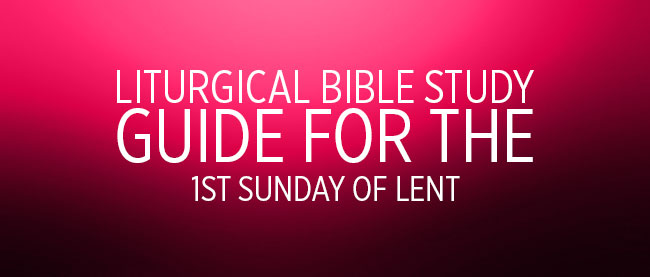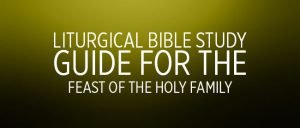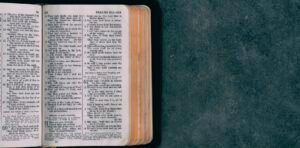Introduction
Lent originated in the early Church as a season for the preparation of those desiring baptism. From early times the account of the history of salvation played an important part in the preparation for baptism. Through our baptism we embraced the new and eternal covenant with God brought into being by Christ’s death and resurrection. Ours is not the only covenant God made with man. The covenants of the Old Testament (Old Covenant) are a great help in understanding what God has done for us in His New Covenant. Consequently, in her preparation for Easter, the Church remembers the covenants of the Old Testament to remind us of the stages of God’s plan for our redemption and also to instruct those to be baptized.
Lent has always been a teaching season, a time to reflect on the mighty acts of God in the history of the world, on the covenant between God and His children, and on the role of our older brother Jesus in the story of salvation. Lent might be called a “primer course in the Christian faith.”
The epistle readings for Lent, unlike those of many other times of the year, do form a unity with the other two readings as we go through an annual “telling of the covenant story.”
Gospel – Luke 4:1-13
So far, we have heard the ancient creed of Israel, and the creed of the early Palestinian Christian Church, now we hear of Jesus’ temptation. The three temptations of Jesus are the same three temptations which were Israel’s downfall during their desert experience: they complained about the manna, they worshiped the golden calf, and they tested God. In each case, Jesus shows what they should have done.
1st Reading – Deuteronomy 26:4-10
Our Old Testament reading recalls the ancient creed of Israel. When we hear this creed, notice that it is a recalling of how God has acted for His people. Our belief comes from our story, our history – which is the history of the Jewish people of the Old Testament as well as the Christians of the New. We believe as Christians because it is through recalling our history we become sensitive to how God has acted and is now acting in our lives and in the lives of all His children. In other words, our belief in God comes from recalling the story of God’s saving acts. This belief leads to the statement in our creed “I believe.” From such a statement comes in turn the willingness to make our covenant with this God who is so active in our history. “I will be your instrument of history-making in your world. I will judge my actions by my belief that you are a just and loving God who calls all creation into wholeness and oneness with you.” “I will do whatever you tell me.” “You are my God (my Father) and I am one of your people (your child).
2nd Reading – Romans 10:8-13
Just as in our first reading we heard the ancient creed of Israel, in this second reading we hear the confession of faith of the believers of Christ.





